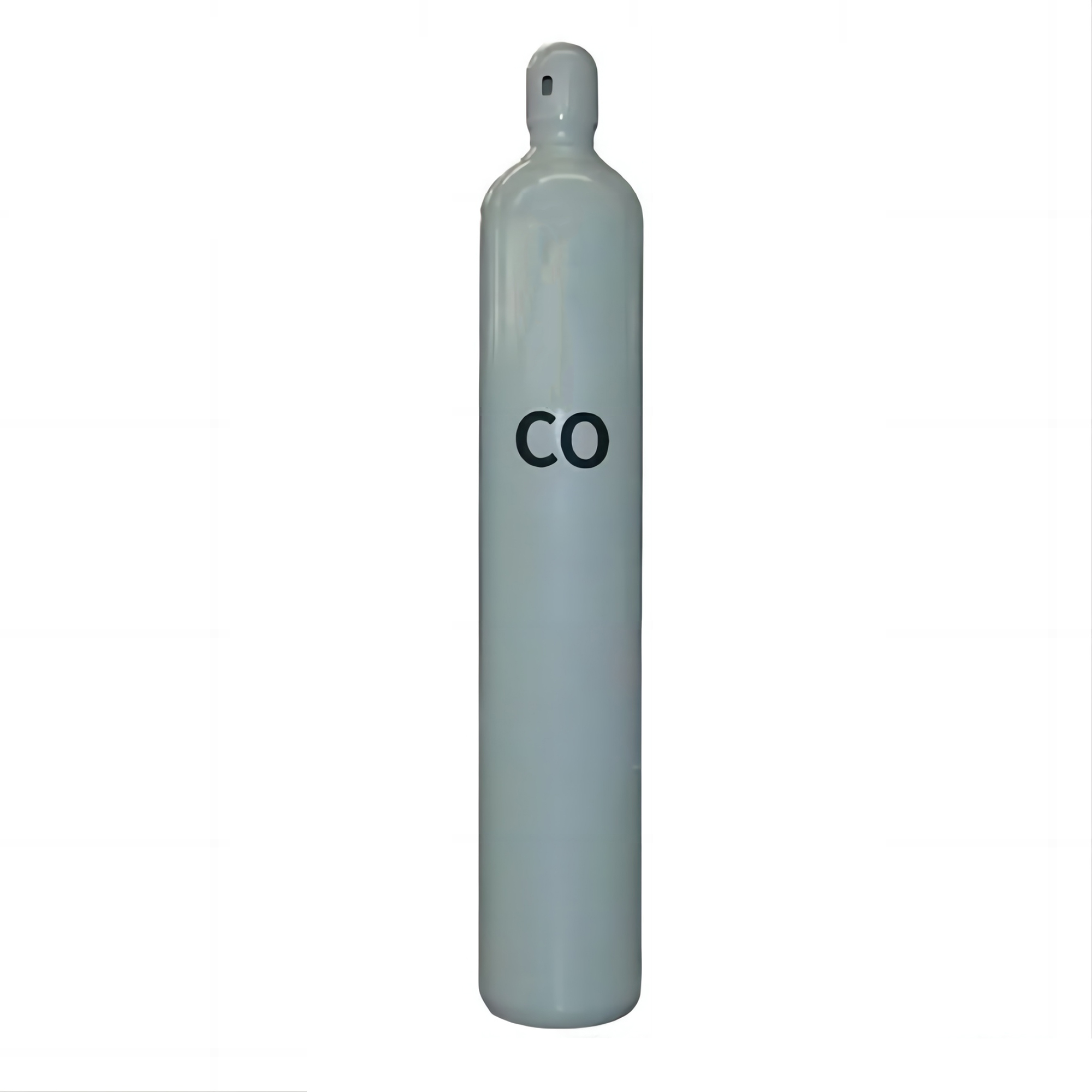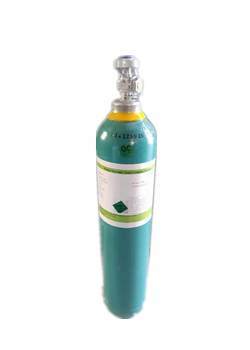The role of medical oxygen
The Chinese name for oxygen was given by Xu Shou in the Qing Dynasty. He believed that people's survival could not be separated from oxygen, so he named it "nourishing qi", that is, "the quality of nourishing qi". Later, for the sake of unification, he replaced the word "nourishing" with "oxygen" and called it "oxygen".
Supply respiration: used in anoxic, hypoxic or anaerobic environments, e.g., diving, mountaineering, high-altitude flight, space navigation, medical rescue, etc.
Oxygen is the heart's "power source"
Oxygen is the key substance for human metabolism and the first requirement for human life activities. Breathing oxygen converts oxygen available in the human body, called blood oxygen. Blood carries blood oxygen to the body to input energy, blood oxygen delivery volume and the heart, the brain is closely related to the working state. The more the heart can pump, the more oxygen it has in the blood. The stronger the capacity of the heart's coronary arteries for blood transfusion, the higher the concentration of blood oxygen delivered to the heart, brain and body, and the better the functioning of the body's vital organs.
Increased oxygen intake can reduce postoperative infection and antiemesis.
It is common for anesthetized patients to experience nausea or vomiting after surgery and the patient feels very uncomfortable. The anesthesiologist who conducted the study said the increased oxygen intake was more effective, less dangerous and less expensive than all the antiemetic drugs used up to 2009. The mechanism by which oxygen prevents vomiting may be to prevent intestinal ischemia, thereby preventing the release of emetic factors. However, it is not advisable to use oxygen entirely without nitric oxide, as this may cause patients to wake up during the operation.
Hyperbaric oxygen therapy for sudden deafness.
Hyperbaric oxygen can not only improve the hypoxia state of the auditory organs in the inner ear, but also improve the blood circulation in the inner ear, namely tissue metabolism, and promote the recovery of auditory function. Once suffering from sudden deafness, should go to the hospital immediately hyperbaric oxygen department, because the curative effect of hyperbaric oxygen to sudden deafness often depends on the initial treatment time, generally in the onset of three days after (the latest should not exceed a week) the best treatment effect.





 Facebook
Facebook YouTube
YouTube LinkedIn
LinkedIn Twitter
Twitter